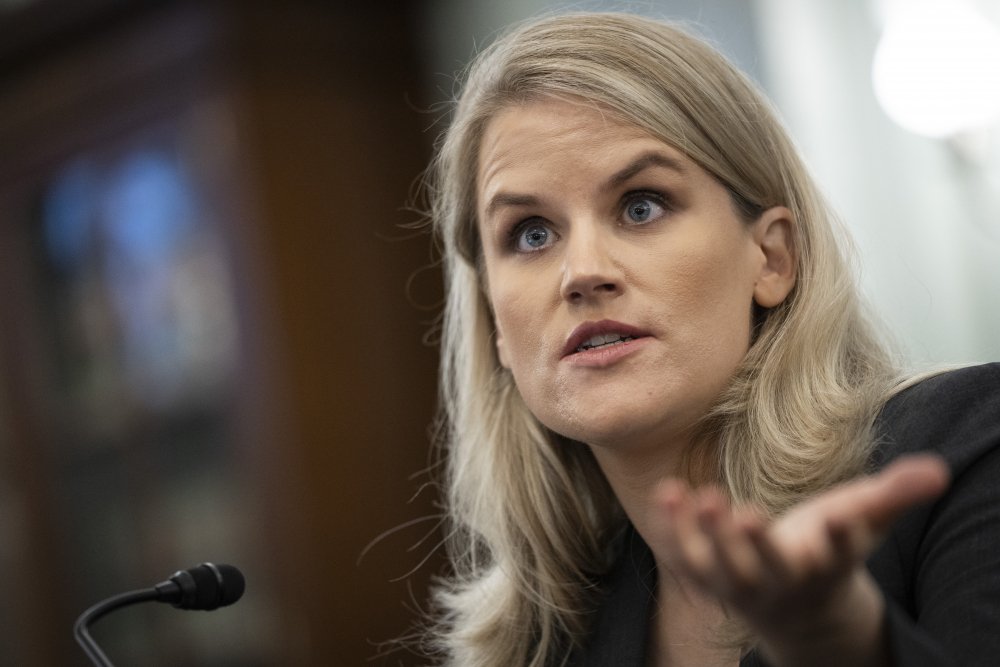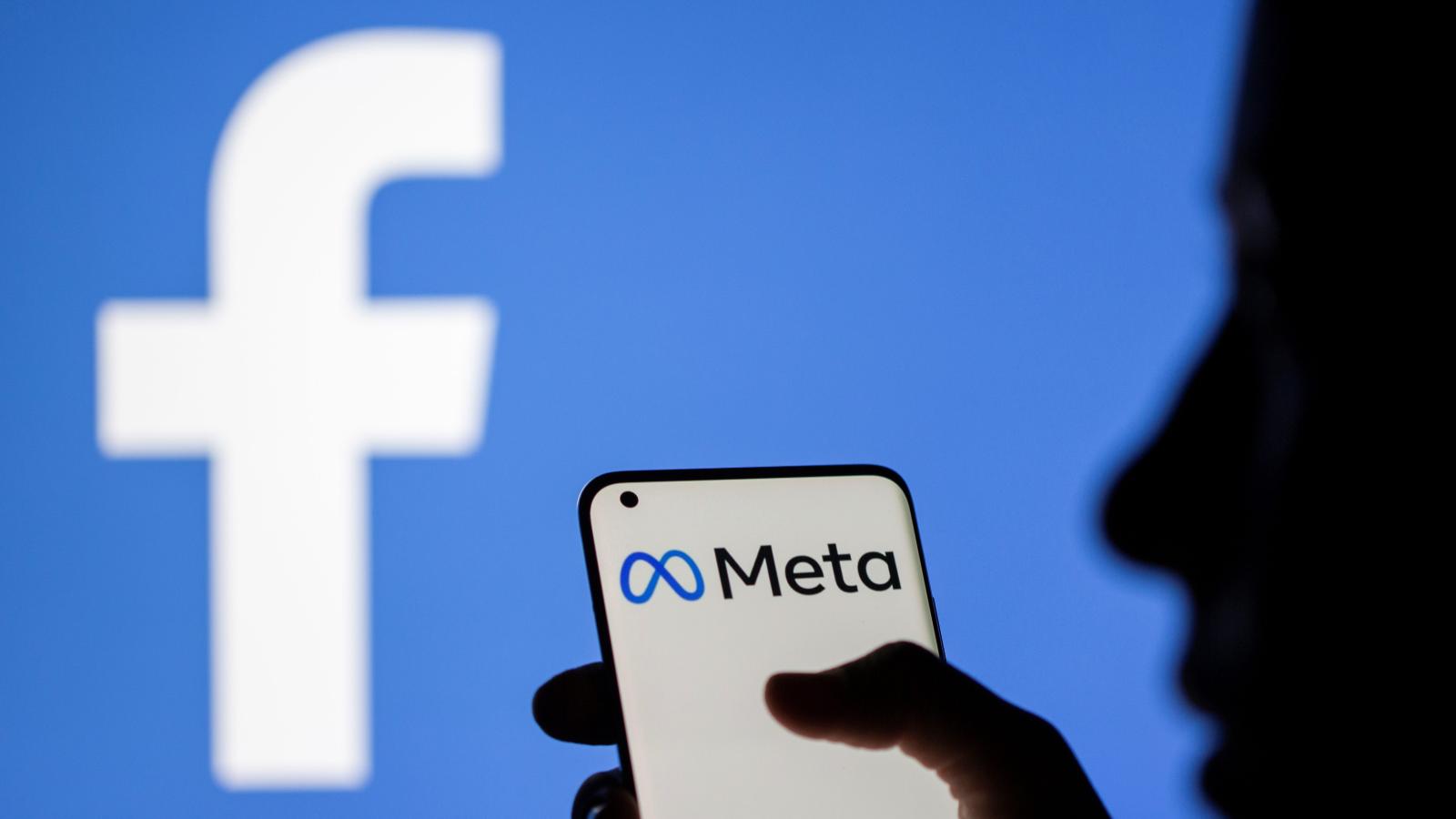“The Facebook Files”. That is what a consortium of news organizations- including Washington Post, New York Times, The Verge, and CNN– are calling a selection of millions of documents that list the numerous harms Facebook has been causing our society. Frances Haugen, a former employee for the company, leaked these papers by doing what any person with a phone could do. With it, she took photos of Facebook’s internal social network.
“Haugen has suggested Facebook’s failure to fix such problems is in part because it prioritizes profit over societal good, and, in some cases, because the company lacks the capacity to put out its many fires at once.”
CNN Business

Soon afterward, Haugen filed a complaint with the SEC (U.S. Securities and Exchange Commission). Now renowned news media outlets have gotten access to redacted versions of the documents that Congress received. Haugen asserted before the Senate subcommittee that “The Facebook Files” have in short, exposed that “Facebook’s products harm children, stoke division, and weaken our democracy”.
Instagram’s Negative Effects on Teen Girls

One of the many topics that “The Facebook Files” discusses is how the platform has recognized the damaging influence on teen girls that content demonstrating the seemingly perfect lives and appearances of users, has posed on them. While Facebook Chief Executive, Mark Zuckerberg has stated that it has shown to have more positive effects than negative, research of marketing and product design executives, and data scientists of the platform has proved otherwise. An article by The Guardian, informs, “…some of the problems, such as ‘social comparison’, were specific to Instagram and not replicated by other platforms.” The sharing of the best scenes of a person’s life and best photos of how they look have caused depression, low self-esteem, and a multitude of eating disorders to not only teenagers but many people who also use Instagram.
Facebook’s Involvement in Jan. 6 Capital Riot
During the 2020 presidential election, Facebook had vigorously worked on regulating misinformation, foreign interference, and hate speech on its platforms including Whatsapp and Instagram. However, documents in “The Facebook Files” show that the company let its guard down too soon. For example, after the election, it withdrew some measures that had been utilized to eliminate any harmful content relating to it. This allowed thousands of accounts similar to the “Stop the Steal” group– a prominent group, now taken down, that expressed its views on the “untruthfulness” of the election results– to emerge. By the time that Facebook tried to regroup its efforts, it was too late and the influence the “Stop the Steal” misinformation had reached extreme levels. It wasn’t until after the riot that the company decided to eliminate any content with the “stop the steal” phrase and suspend Donald Trump’s accounts.

Vaccine Misinformation
In March 2021, an employee for Facebook tried to highlight vaccine hesitancy in the comments. In the memo included in the Facebook Files, it mentions how the employee attempted to explain how no guidelines specifically for this problem were implemented in English and anywhere else. Additionally, the document discusses the “COVID-19 lockdown defense” which targeted the changing dynamics all due to the pandemic. However, none of these modifications were ever put in place as an article for The Verge states, “there were no plans to develop moderation infrastructure like labeling, guidelines, and classifier systems to identify anti-vaccine statements in comments.” Not until six months later when Facebook knew about the forthcoming leak did they decide to focus on the comment section and its misinformation in terms of COVID-19 vaccinations. Six months through which more people might have wanted to get the vaccine if they didn’t listen to false details by random users on Facebook. Six months where fewer people could’ve died.
“While misinformation isn’t the only factor fueling hesitancy, it’s an ongoing problem the media, health leaders, and trusted messengers need to chip away at.”
Drew Altman (President and Chief Executive Officer of KFF)
Facebook now called Meta?
Yeah, Facebook is no longer called ‘Facebook’ from now on. It is called Metaverse. Since I know you’re probably confused about the whole thing, here are some answers to some questions you might have:

- So what is the Metaverse? “Metaverse” is the term “defined as an extensive online world where people interact via digital avatars.” (Story: “What is the Metaverse? The Future Vision of the Internet” by WSJ) Meta CEO, Mark Zuckerburg explained that it will be an “even more immersive and embodied internet”. He had also stated that in this new world, people we’re going to be able to execute endless activities like shopping, working, creating, hanging out with friends, talking to family, etc.
- Where did the word, “Metaverse” derive from? Science fiction novels, Snow Crash and Ready Player One are some sources in which the Metaverse was introduced. For instance, in Snow Crash the metaverse was an imaginary place that could only be seen through virtual reality goggles. The article, “So what is ‘the metaverse’, exactly?” by Ars Technica mentions, “developers can ‘build buildings, parks, signs, as well as things that do not exist in Reality, such as vast hovering overhead light shows…’” An example of how this world has already been created is through Roblox Corp. and Epic Games Inc.’s “Fortnite” which has developed virtual concerts with artists like Ariana Grande.
- Why is Facebook now called Meta? Facebook has decided to rebrand itself in order to show its users and everyone else looking at the company that it is committed to its efforts in creating the future of the Metaverse being the new and improved Internet.
What do you think about Facebook’s new name? Let us know on Instagram @rhi_news!
